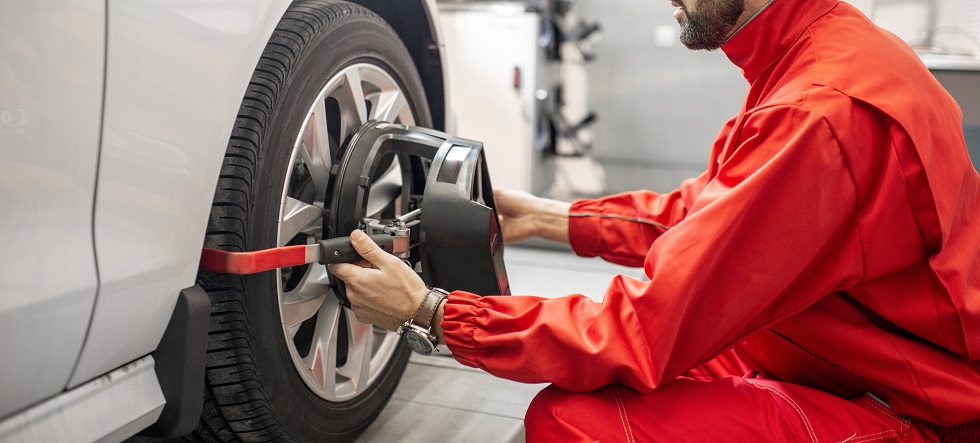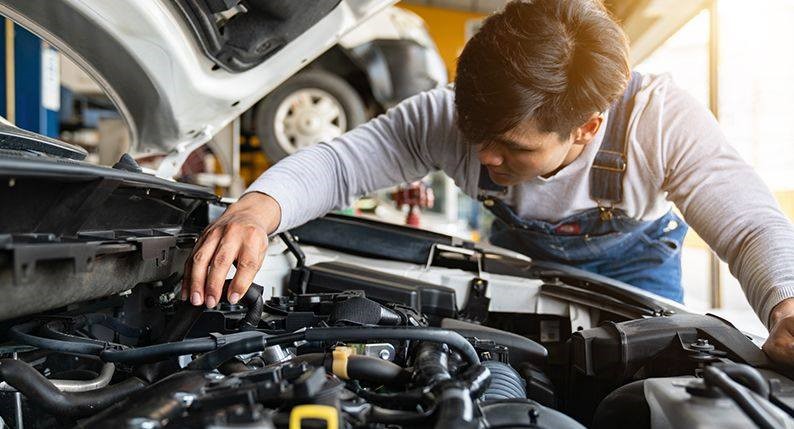All Categories
Featured

[/image]
A well-kept engine is the vital to your car's longevity and optimal efficiency. Regular engine tune-ups not just improve fuel effectiveness but also decrease the possibility of unexpected failures. Whether you're an automobile enthusiast or someone that merely intends to avoid pricey fixings, these engine tune-up pointers will maintain your car running like a dream.

- Replace the Spark Plugs. The spark plugs fire up the air-fuel mix in your engine, and their performance straight influences engine performance. With time, trigger plugs can wear, resulting in misfires, lowered fuel economy, and slow acceleration.
During a tune-up, examine and change ignition system if they reveal indicators of wear, such as residue accumulation, corrosion, or cracks. Depending on your vehicle, ignition system may require to be replaced every 30,000 to 100,000 miles.
- Inspect the Ignition System. Your cars and truck's ignition system, that includes the ignition coils, representative, and cables (if relevant), is accountable for supplying the spark that powers your engine. Damaged ignition components can cause beginning issues and harsh engine procedure.
Examine for harmed or put on components and change them during your tune-up. Ensuring a healthy and balanced ignition system will enhance engine reliability and efficiency.
- Clean or Replace the Air Filter. A tidy air filter enables your engine to "breathe" appropriately by making certain a consistent circulation of tidy air. In time, dirt and particles can obstruct the filter, minimizing air flow and impacting fuel performance.
Check the air filter during a tune-up and replace it if it's unclean. For drivers in dusty or polluted areas, air filters might require to be transformed extra regularly.
- Examine and Tidy the Gas System. The fuel system, consisting of the fuel injectors, fuel pump, and fuel lines, can gather down payments with time, lowering gas distribution and engine efficiency. Make use of a fuel injector cleaner or have your system professionally cleaned up throughout a tune-up to bring back appropriate capability.
Frequently preserving your fuel system guarantees better burning and optimizes your engine's efficiency.

- Change the Engine Oil and Oil Filter. Engine oil is vital for lubrication, cooling, and decreasing friction between moving components. In time, oil degrades and collects debris, shedding its effectiveness.
During a tune-up, replace the engine oil and oil filter. Adhering to the maker's referrals for oil type and adjustment periods is crucial to keeping your engine in optimal condition.
- Evaluate the Belts and Tubes. The belts and hoses in your engine area play crucial duties in powering components like the generator, water pump, and a/c system. Damage in time can cause cracks, fraying, or leakages.
Inspect the condition of belts and hoses throughout your tune-up and change any kind of that show signs of damage. Proactively resolving these issues can avoid expensive repair services and unexpected break downs.
- Check the Battery and Electric System. A weak or failing battery can leave you stranded. Throughout your tune-up, examination the battery's voltage, inspect the terminals for deterioration, and make certain the links are tight.
Additionally, have the generator and starter examined to guarantee they're operating correctly. Addressing electric system issues early can save you from troublesome surprises.
- Examine the Cooling System. The air conditioning system avoids your engine from overheating, which can trigger extreme damage. During a tune-up, inspect the radiator, hoses, and water pump for leakages or wear.
Flush and replace the coolant if it's unclean or has actually surpassed its suggested service life. Correct air conditioning system upkeep aids your engine operate within its ideal temperature level array.
- Address Dashboard Caution Lights. Modern cars are equipped with sophisticated diagnostic systems that illuminate alerting lights when concerns develop. If your dashboard shows any type of warning lights, such as the check engine light, address them throughout the tune-up.
A specialist auto mechanic can utilize diagnostic tools to identify and repair the problem, protecting against small issues from intensifying.
- Maintain Your Engine Clean. A tidy engine runs cooler and is less complicated to evaluate for prospective concerns. Get rid of dirt, grease, and grime from your engine bay during a tune-up. Use a degreaser and a gentle brush for cleansing, and stay clear of splashing water directly on electrical parts.
Conclusion: Tune-Ups Are the Trick to Engine Longevity. Routine engine tune-ups are an investment in your lorry's health, efficiency, and performance. By replacing worn components, cleaning up crucial systems, and attending to problems early, you'll guarantee your automobile stays reliable for several years to come. Whether you're tackling the tune-up yourself or taking your auto to a relied on mechanic, adhering to these suggestions will maintain your engine performing at its finest and aid you avoid unanticipated repair work. A well-kept engine does not just save you cash-- it assures tranquility of mind on the roadway.
Latest Posts
Take Advantage of Special Auto Repair Offers in Chicago at Montclare Auto Repair
Explore the Greatest Auto Repair Discounts in Montclare, Chicago
Learn How to Save Big on Car Maintenance with Montclare Auto Repair’s Exclusive Deals
More
Latest Posts
Take Advantage of Special Auto Repair Offers in Chicago at Montclare Auto Repair
Explore the Greatest Auto Repair Discounts in Montclare, Chicago
Learn How to Save Big on Car Maintenance with Montclare Auto Repair’s Exclusive Deals